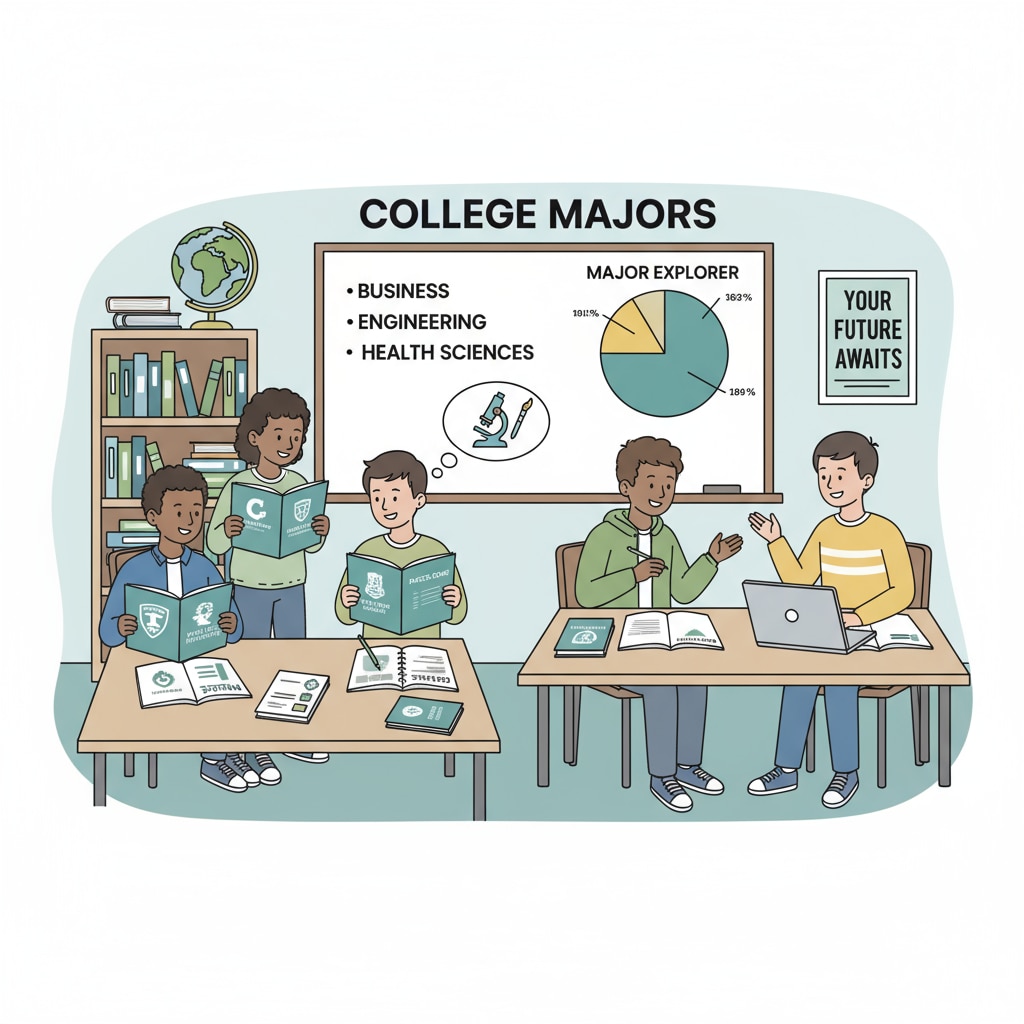When it comes to college major selection, career planning, and interest exploration, K12 students, particularly high school seniors, often find themselves at a crossroads. The decision of choosing a college major is a crucial step that can significantly impact a student’s future career path. However, many students struggle with this decision, facing a range of dilemmas and uncertainties.

The Dilemma of Surface Interest
One of the primary challenges students encounter is the difference between surface interests and actual career requirements. Many students base their initial thoughts on college majors solely on fleeting interests. For example, a student might be fascinated by the idea of astronomy after watching a few documentaries. However, astronomy as a major involves complex mathematics, physics, and long hours of research. As Career counseling on Wikipedia states, surface interests may not translate into sustainable career choices. Students need to dig deeper to understand the true nature of a field before making a commitment.

The Role of Career Planning
Effective career planning is essential in guiding students through the college major selection process. It helps students align their interests, skills, and values with potential career paths. Career planning involves self-assessment, research into different industries and occupations, and setting clear goals. According to Career development on Britannica, students should start this process early. By doing so, they can gain a better understanding of what each major entails and how it can lead to a fulfilling career.
To address these issues, a comprehensive approach is needed. This includes providing students with systematic career education. Schools can offer courses that introduce students to various industries, job roles, and the skills required for each. Additionally, students should be encouraged to participate in diverse practical experiences, such as internships, volunteer work, or shadowing professionals. These hands-on experiences can give students a taste of different fields and help them make more informed decisions.
Readability guidance: As we’ve seen, students face challenges in college major selection due to surface interests. Career planning can be a guiding light. In the next part, we’ll explore how to develop the right mindset for making these important decisions.


